
Although this blog might appear lengthy (3 mins read), for the sake of clarity, bear with us, and read until the end
Our first blog post will be addressing a small controversy that one of our postcard regarding the defensive strategies that the Maltese Honey bee (Apis mellifera ruttneri) possesses against the Oriental hornet (Vespa orientalis), appears to have stirred. Although we have already addressed the majority of misinterpretations or concerns raised by intrigued individuals, many might have missed our explanations in various posted comments. Thus, we have decided to collect all information in one place, in order to both serve as a reference point, reply for this issue in the future and avoid unnecessary repetitions.
- Is the Oriental hornet indigenous? Yes it is!
The Oriental hornet is an indigenous species in the Maltese islands. This means it has been established in the Maltese islands for a significant amount of time. Evidence for this fact can be found in various sources.
- Reported in the compendium compiled by Prof Schembri and Mr Sultana, published in 1989 (source Red Data Book for the Maltese Islands, pg 93)

- Is there any evidence out there that the Maltese honey bee has evolved defensive strategies against the Oriental hornet? Yes there is!
As stated, the Oriental hornet is an indigenous species. The Maltese honey bee which has evolved for centuries has adapted to live and counter both biotic (predators, pests, etc) and abiotic (climate, habitat, etc) elements to thrive in the environment it is found in i.e. the Maltese Islands. In the scientific article published by Sheppard et al. (1997), in which paper the Maltese subspecies was categorically recognized as an entirely unique subspecies of honey bees, the authors report: “Maltese bees also show an ability to defend against local predacious wasps, a behavior reported for A. m. sicula (Ruttner, 1992). This behavior is not found in Italian stocks imported to Malta (AG, unpublished data).”

One might ask, how is this behaviour exhibited? In various ways!
- Increased vigilance and numbers of guard bees by the hive entrance.
- Increased aggressive behaviour shown towards hornets. Maltese honey bees even attack the hornets if they get too close to their entrance.
- Sealing of entrances by propolis in order to avoid incursions of hornets into the hive (Propolis is a resin-like material made by honey bees from resinous substances in order to seal off cracks in the hive. Research has shown that this compound possesses great antimicrobial properties, too).
All these strategies can be viewed in this video we put together:
- Why has the population of Oriental hornets increased dramatically in recent years? It is yet unclear.
To date only a preliminary study have been carried out on this issue. It appears to be the case that it was a rare species on the Maltese Islands in the past, and only recently it has increased its range, and is now being sighted in considerably larger numbers and posing a threat to local apiculture. Nevertheless, we might still infer possible reasons why this great influx in Oriental hornet population is happening.
- Anthropogenic causes including urbanization could be one of the main reasons for this influx. The increase in population and subsequent urbanization means this species has a more readily available food source it can exploit. This increase could inadvertently have led to an explosion in its population. Abandoned structures which are on the rise, could also be providing these hornets with prime nesting habitats.
- Climate change is causing a great deal of changes in ecosystems. Changes in ecosystems directly or indirectly cause a change in the type and quantity of flora and fauna dependent on that ecosystem. A clear example of this is the increased numbers of jellyfish we are experiencing lately along our shores.
- Are the strategies shown by the Maltese honey bee enough to solve this problem? Certainly not!
We are not saying the strategies shown by local honey bees by themselves will solve the problem of the increased presence of the Oriental hornet. Far from it. We are neither negating the negative effects that hornets have on the foraging ability of colonies and consequently on local honey production. However the strategies reported increase the survivability of individual colonies. These are surely traits of increased resilience and adaptability among Maltese Honey bee colonies through evolved behaviours. Hand-in-hand with good apicultural management practices, this could help alleviate some of the pressure caused by this pest.
- Why is the Maltese honey bee a better bee for apiculture in the Maltese islands? For a number of reasons!
The increased resilience shown towards the Oriental hornet is only one of various beneficial traits our honey bee possesses. Other advantageous traits include but are not limited to; resilience to Maltese climatic conditions, adaptation of its brood cycle to the Maltese seasonal cycle and increased resilience to Varroa.
- What is the main problem faced by the Maltese honey bee? Importation of foreign bee stock.
As documented here, and reported in numerous publications elsewhere, the native honey bee is the most adapted and the most advantageous to rear for any local apiculture activity. The problem is that continuous importation of foreign bee stock is driving our own honey bee to extinction. Genetic pollution to our local gene pool could lead our local honey bee to lose numerous of its advantageous traits that make it ideal for the Maltese Islands. The process of evolution which could see this increased defensive behaviour against the hornet (for example) increased in later generations, is being actively undermined by the presence of foreign honey bees which possess no such intrinsic behaviour. We also cannot disregard possible accidental importations of new pathogens or pests which could cause havoc in our local apiculture sector, as has happened in the past with Varroa and AFB.
- Why was the Coalition for the Conservation of the Maltese honey bee established? To serve as a platform!
KNM is proposing itself as the platform where different people come together, regardless of personal opinions or beliefs in order to address issues pertaining to the sustainability of the Maltese apiculture sector, through the conservation of the Maltese honey bee. Furthermore, lack of awareness and misinterpretation leads only to misinformation. Case in point, challenging long-standing myths by solid arguments (backed by scientific studies or other relevant documentation) means stakeholders can formulate opinions which are based on solid proof, as opposed to baseless outlooks, which inadvertently will negatively affect everyone (directly or indirectly). And that is also what we are trying to do! We are sharing information and making the public, the beekeeping community and other relevant authorities aware of some of the advantageous traits the Maltese honey bee possesses vis-à-vis apiculture in the Maltese Islands. Ignorance of solid facts backed by scientific evidence should be no excuse!
- What needs to be done? Come together and act as one!
The challenge of the Oriental hornet is one of many that the local beekeeping community is facing. Addressing this issue would certainly be a positive step in the right direction. However other imminent issues require action, and the more we wait, the more we get to lose, case in point introgressive hybridization of our local honey bees with imported foreign stock. That is why fellow beekeepers, NGOs and other relevant authorities should promptly come together if we truly want beekeeping to survive in the future!
Like and follow us on Facebook to be up-to-date with any new developments!
We need your help! Do you want to be involved in the coalition? Reach out and send us an email at nahlamaltija@gmail.com







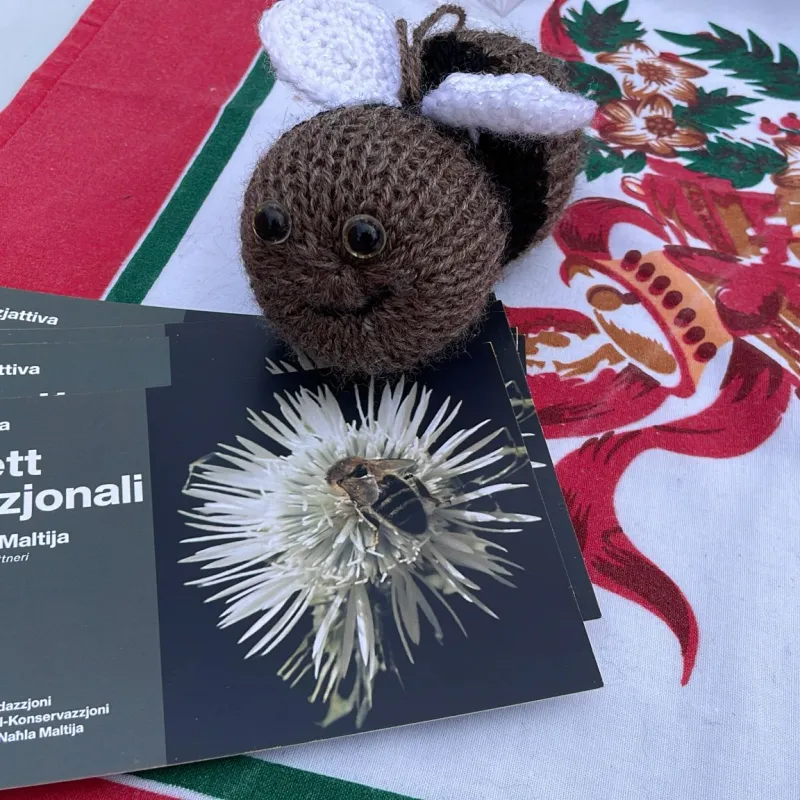
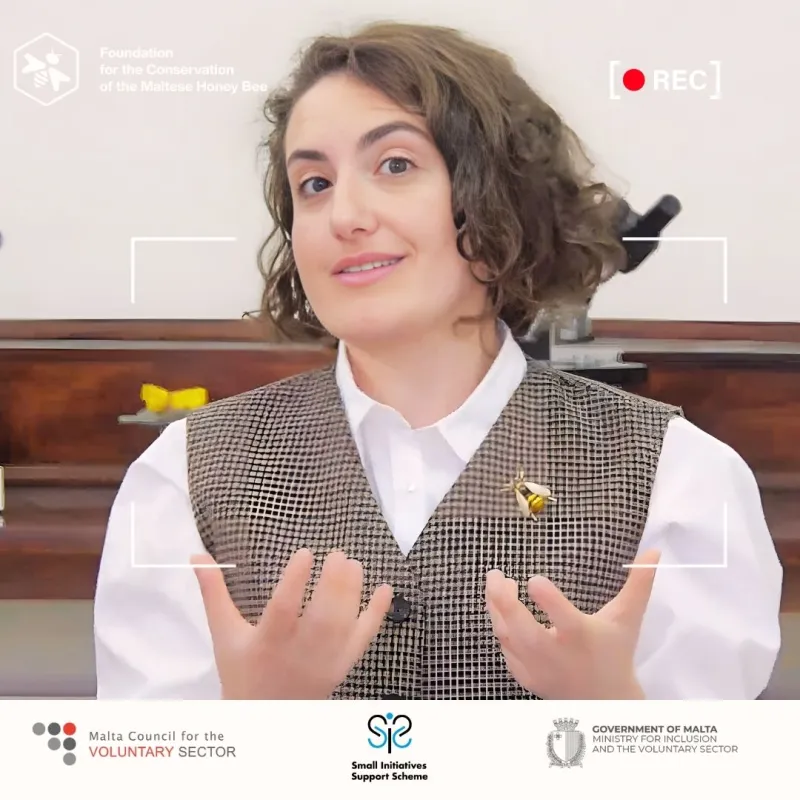


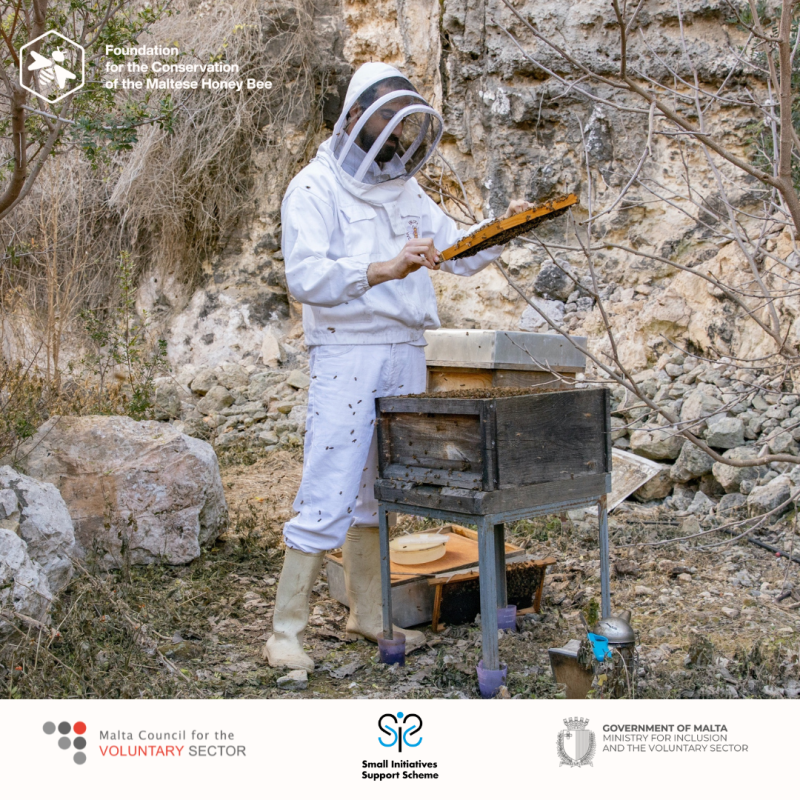
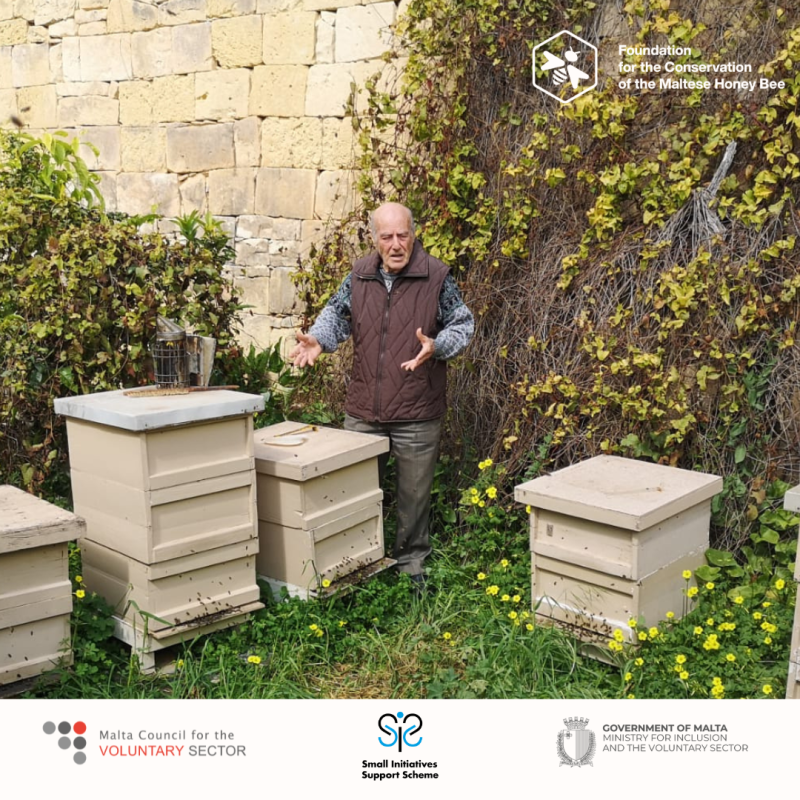
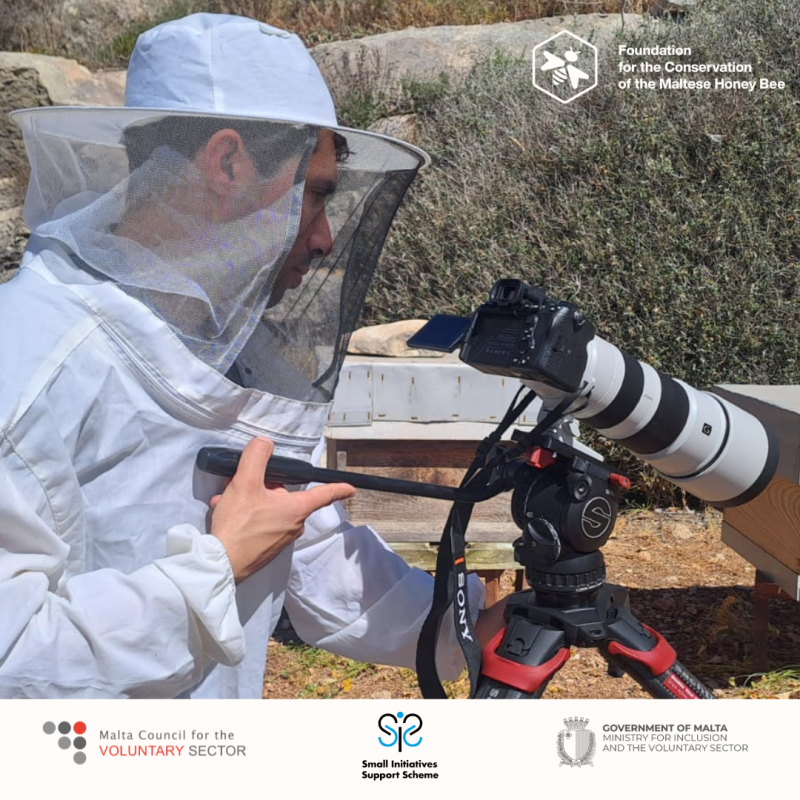

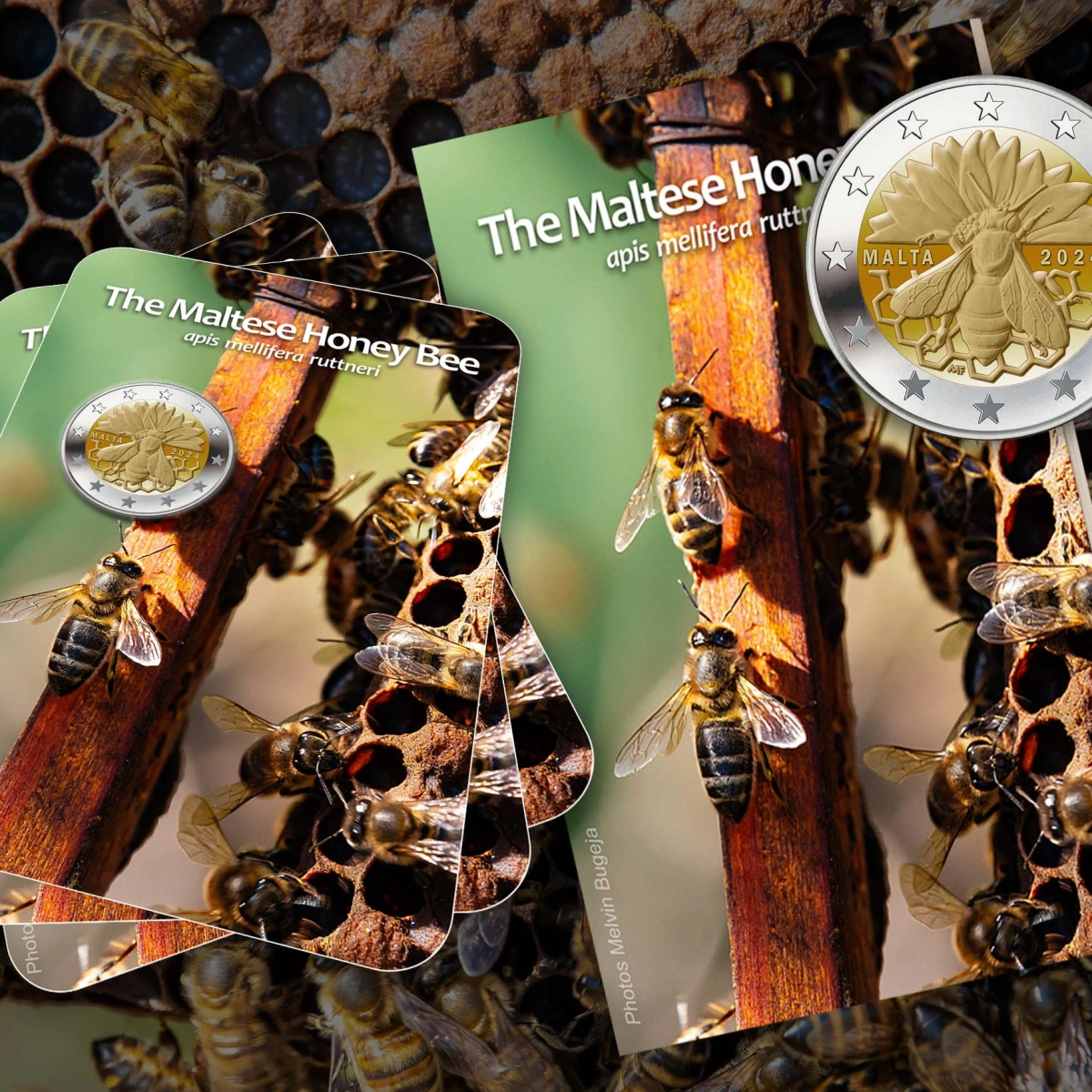
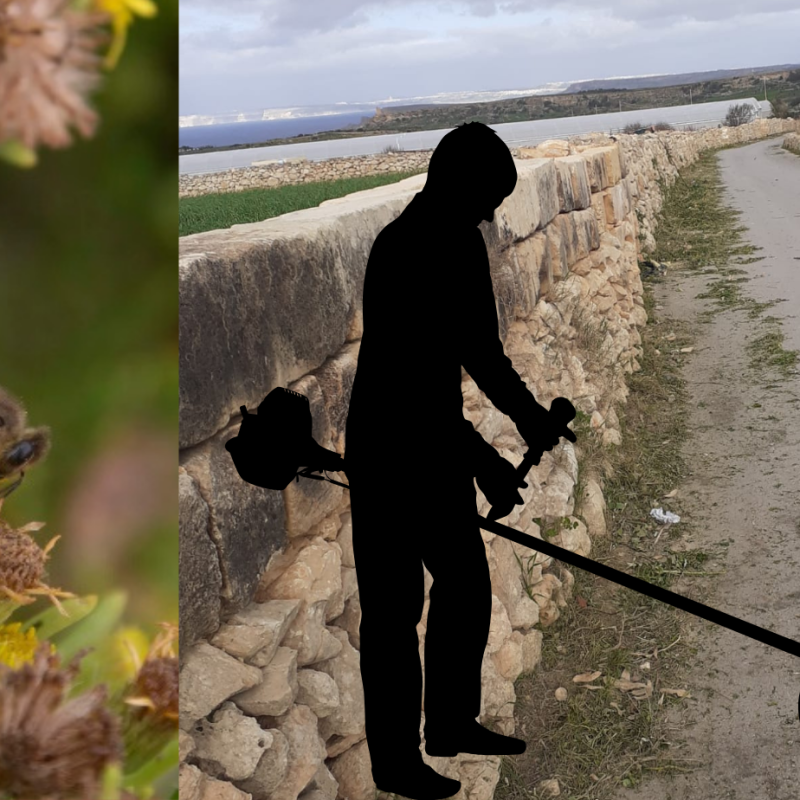
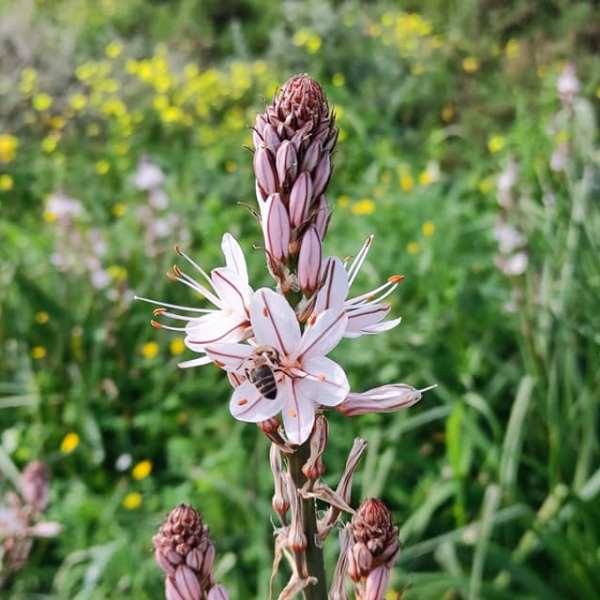

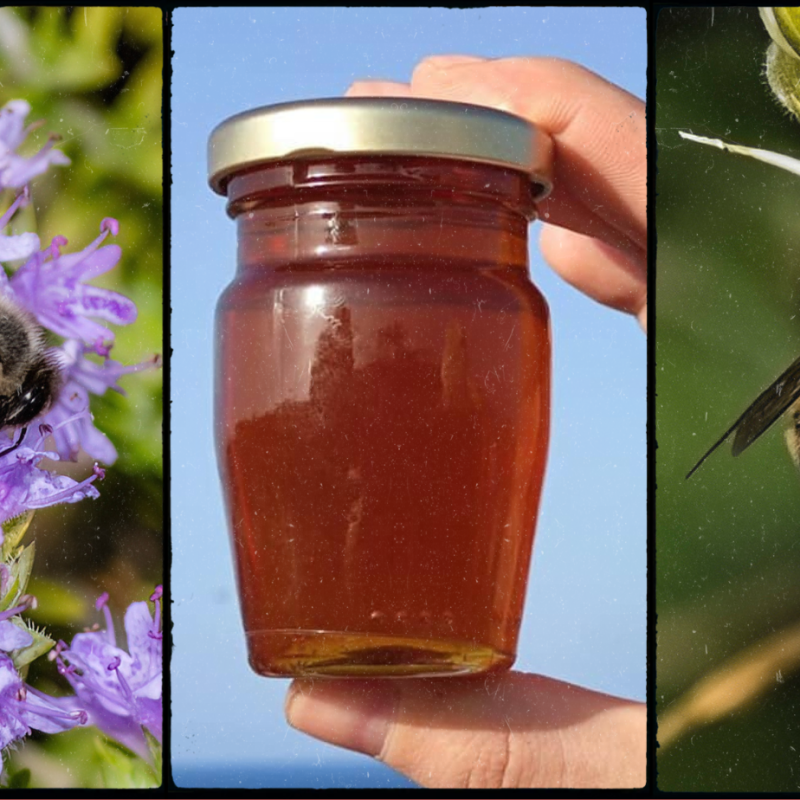
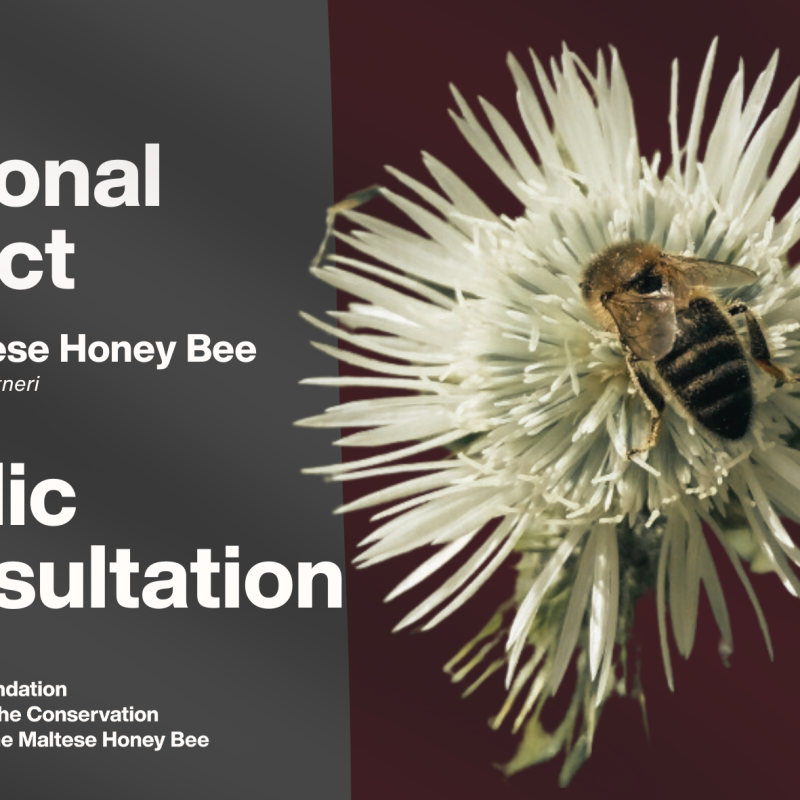
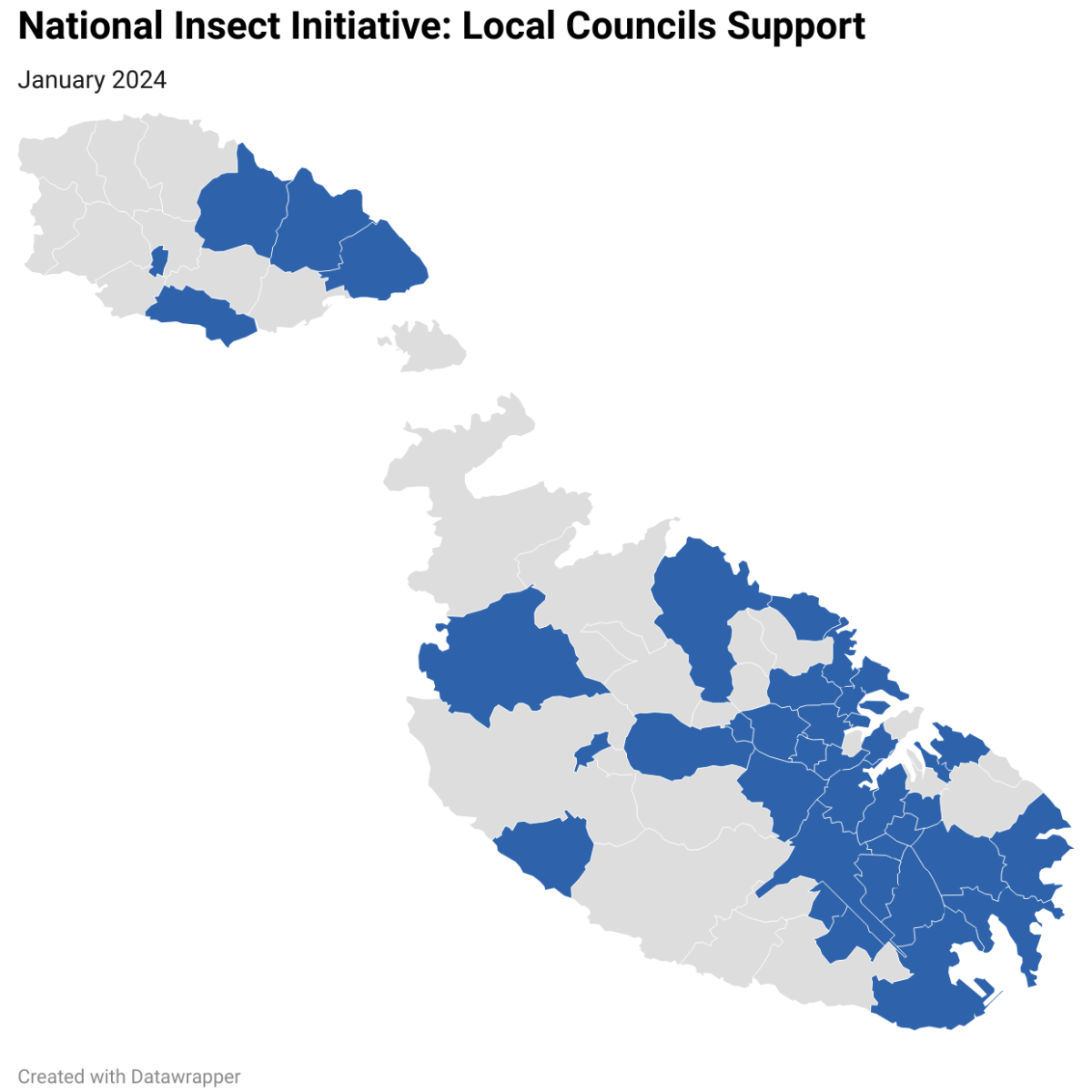
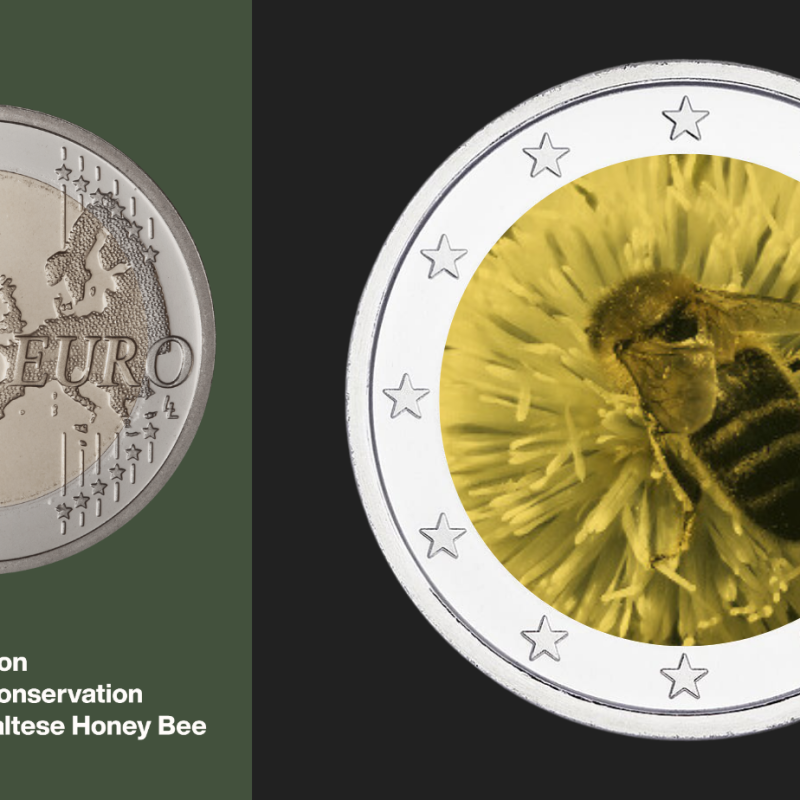
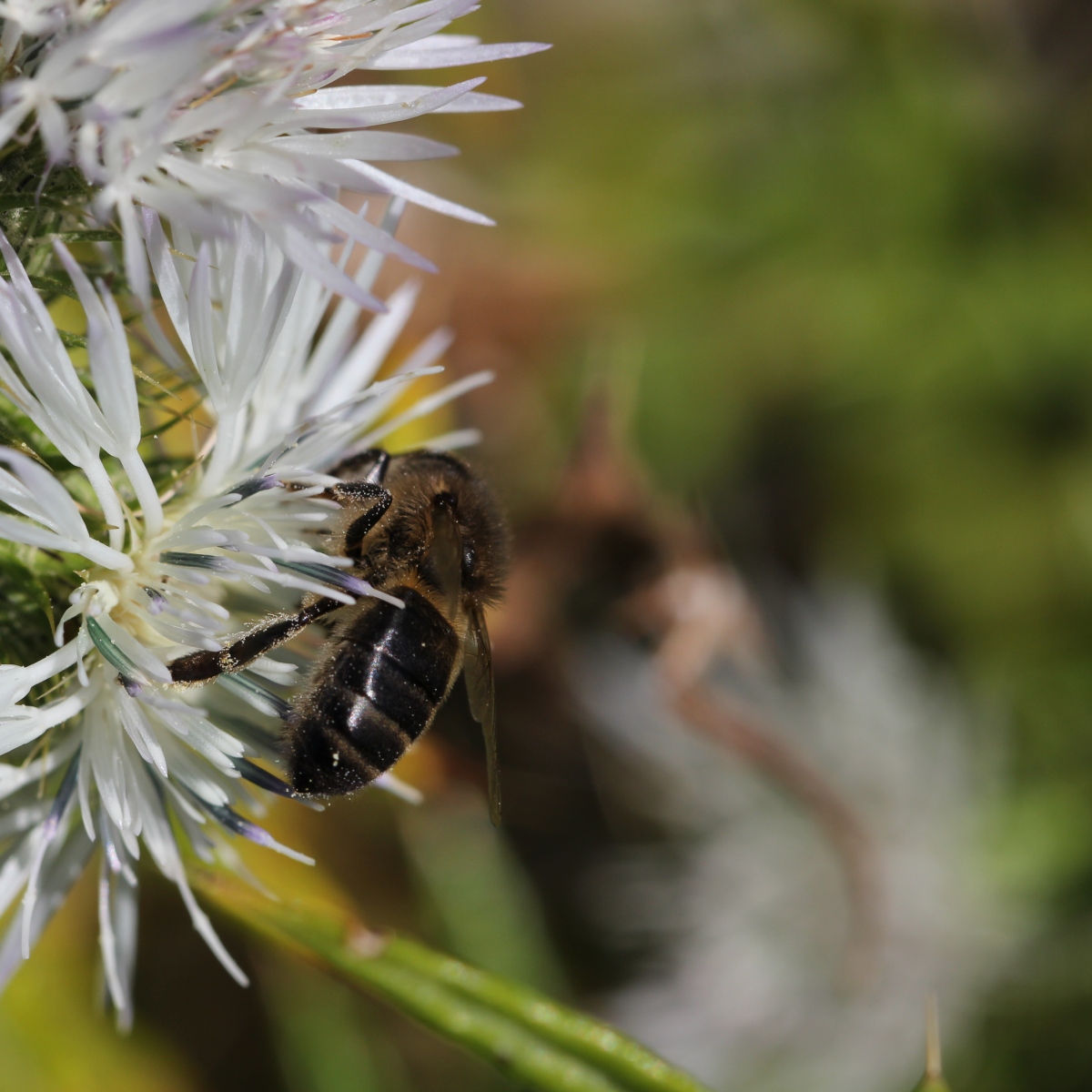
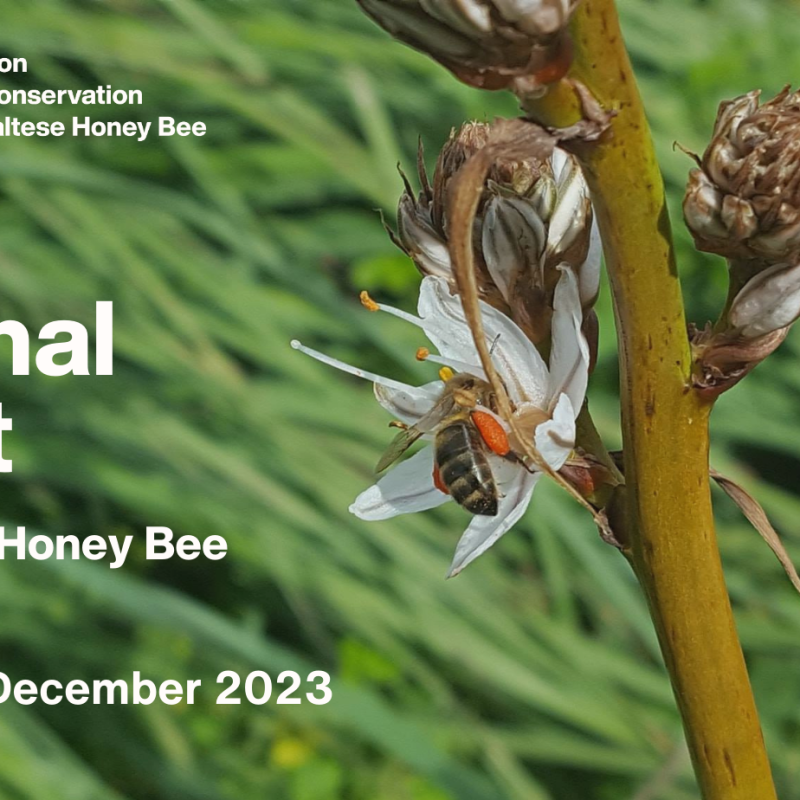
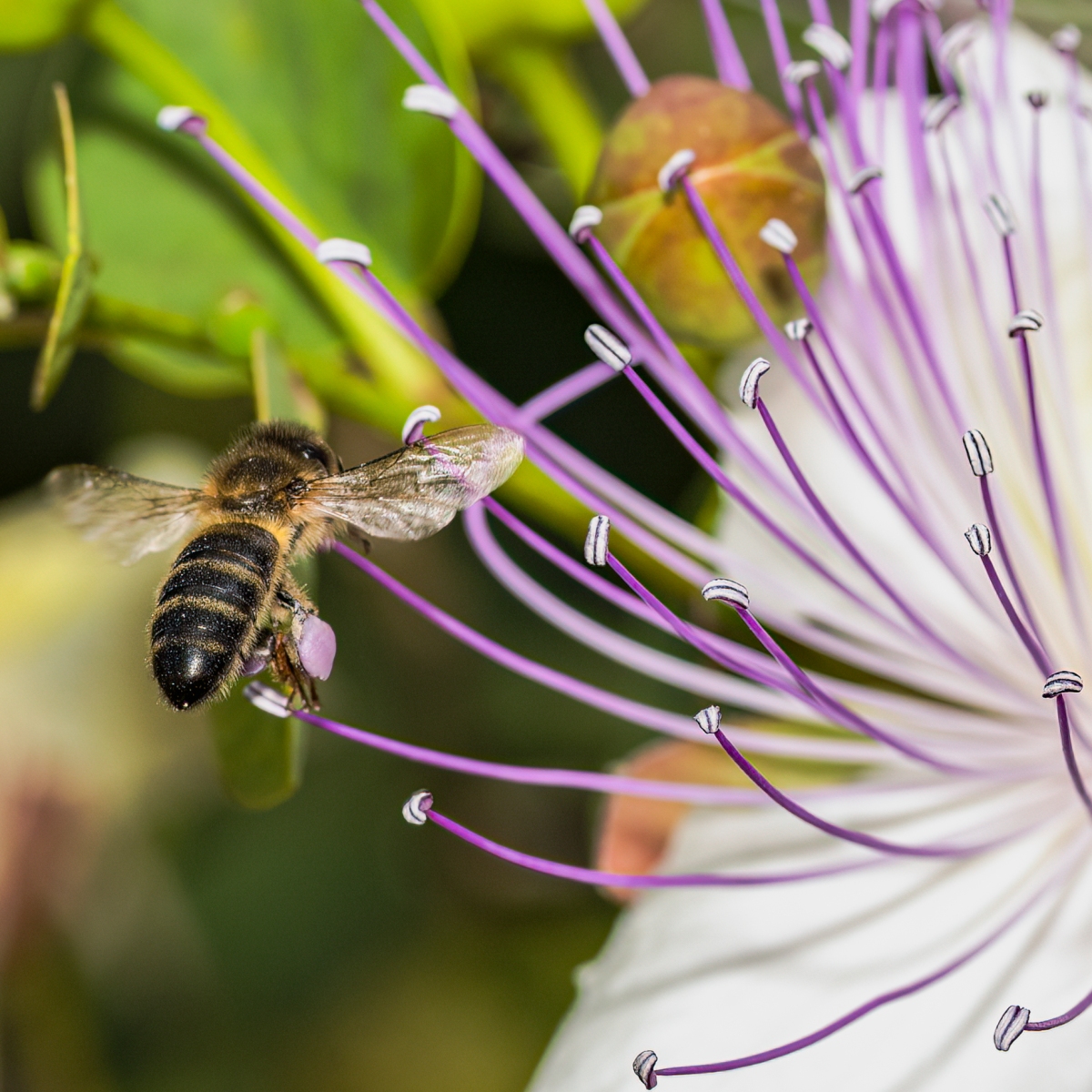
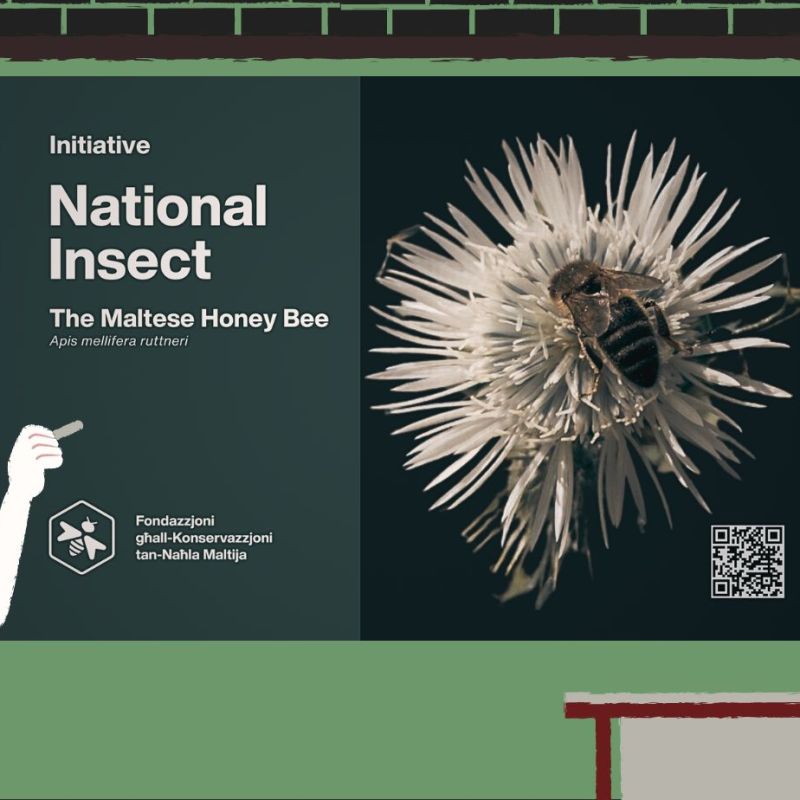
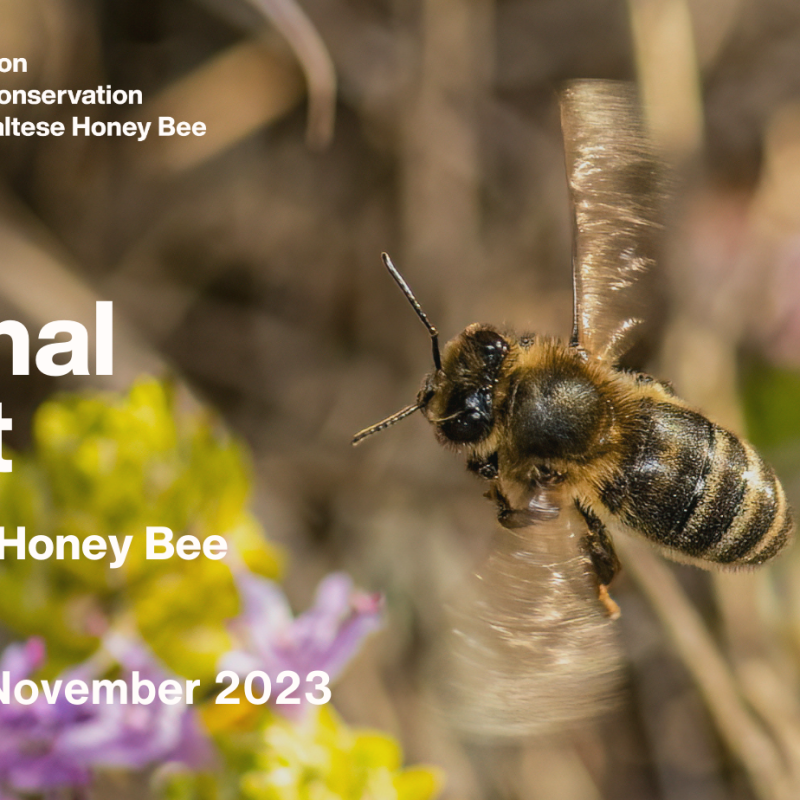
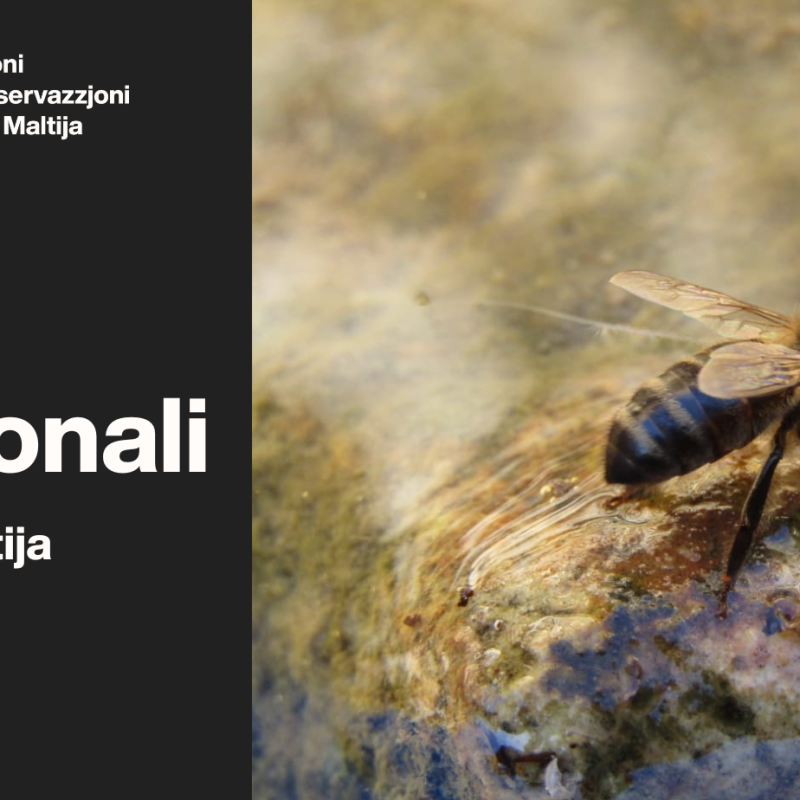

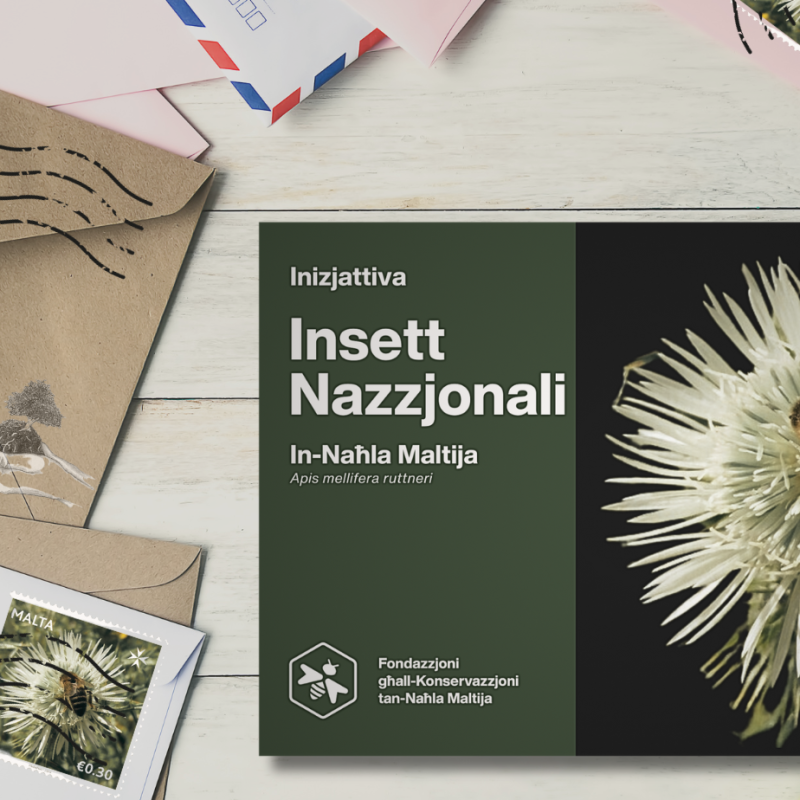
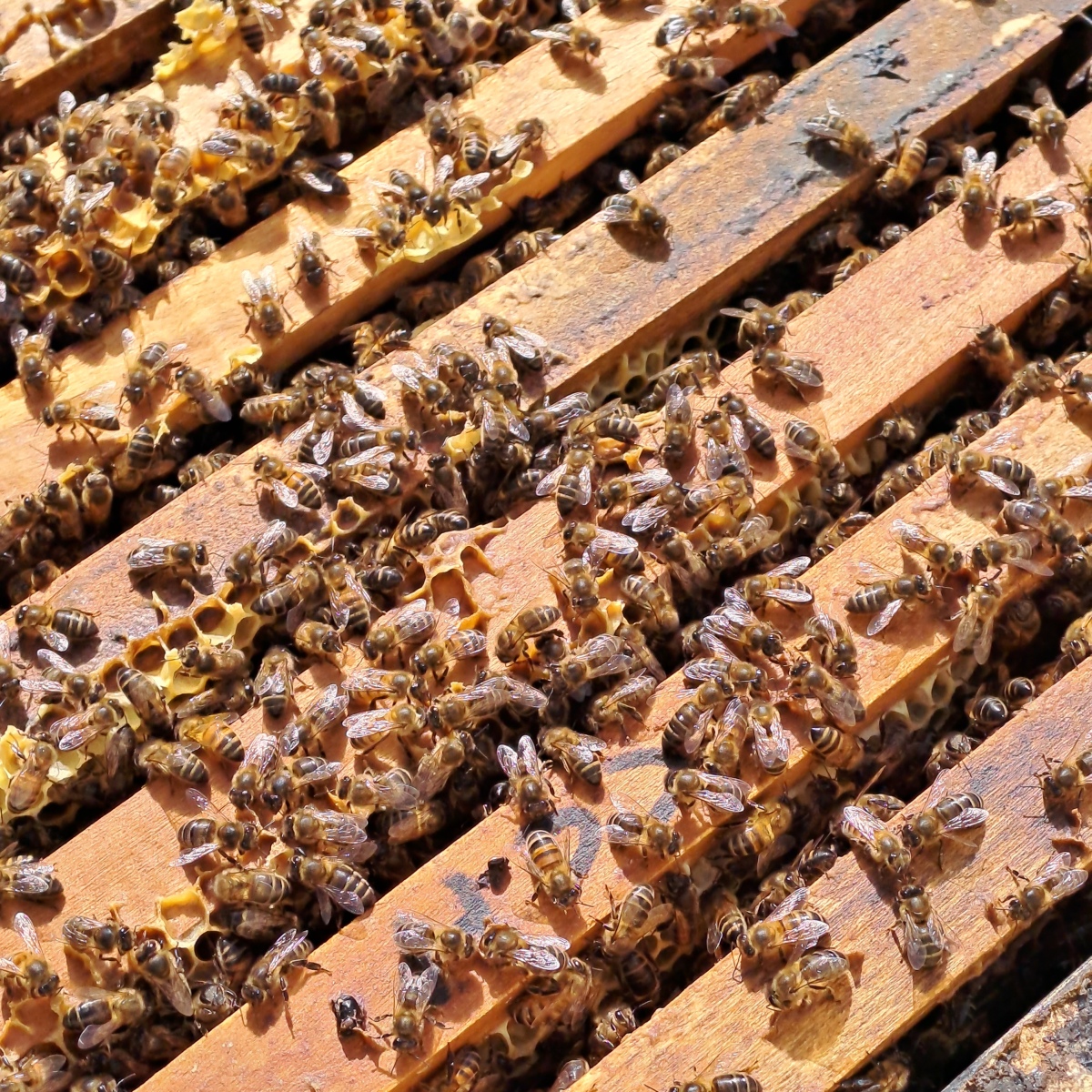
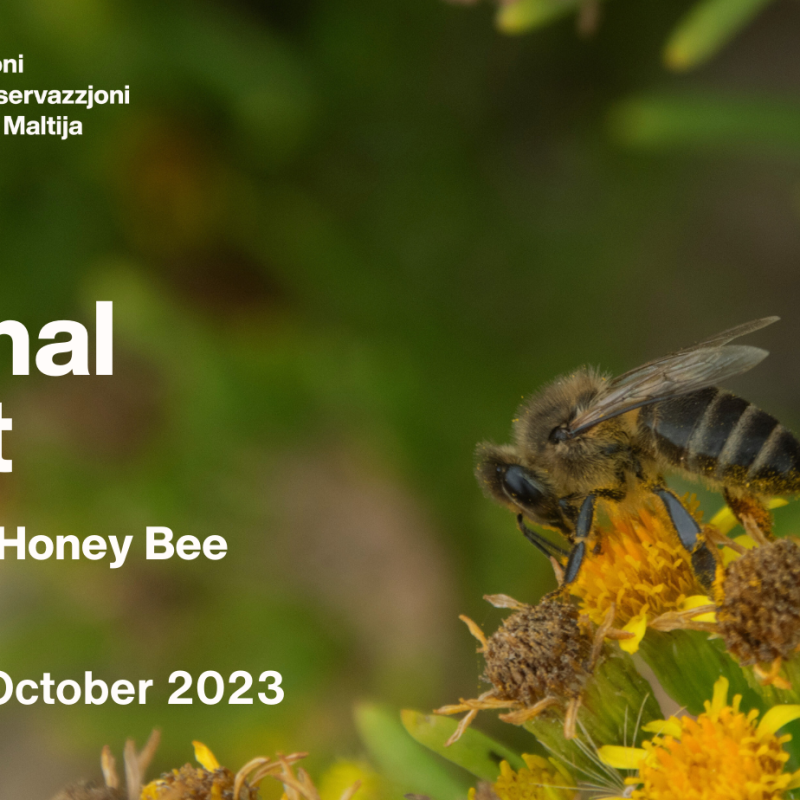
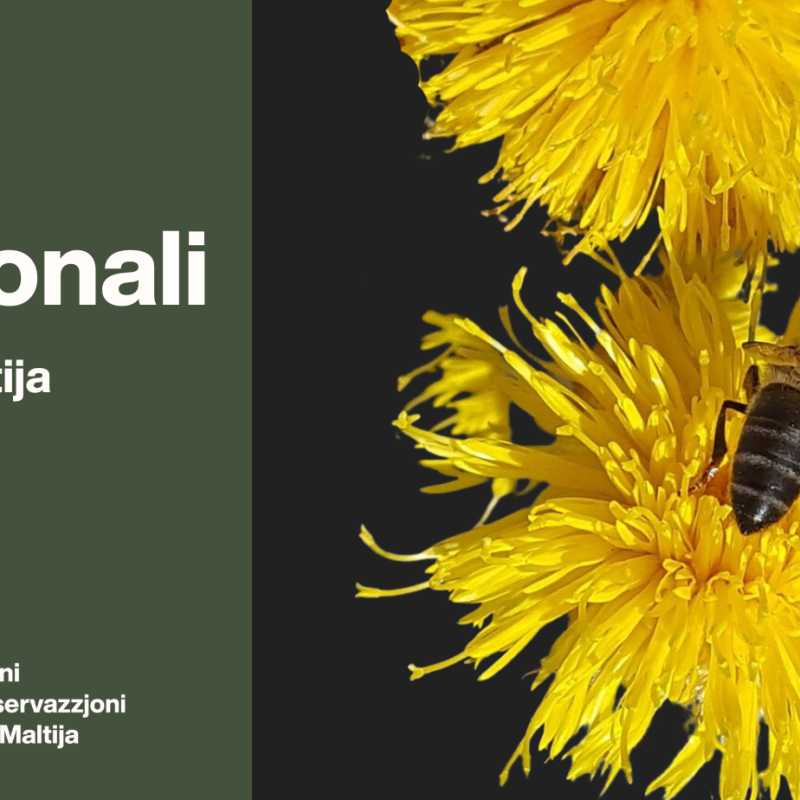
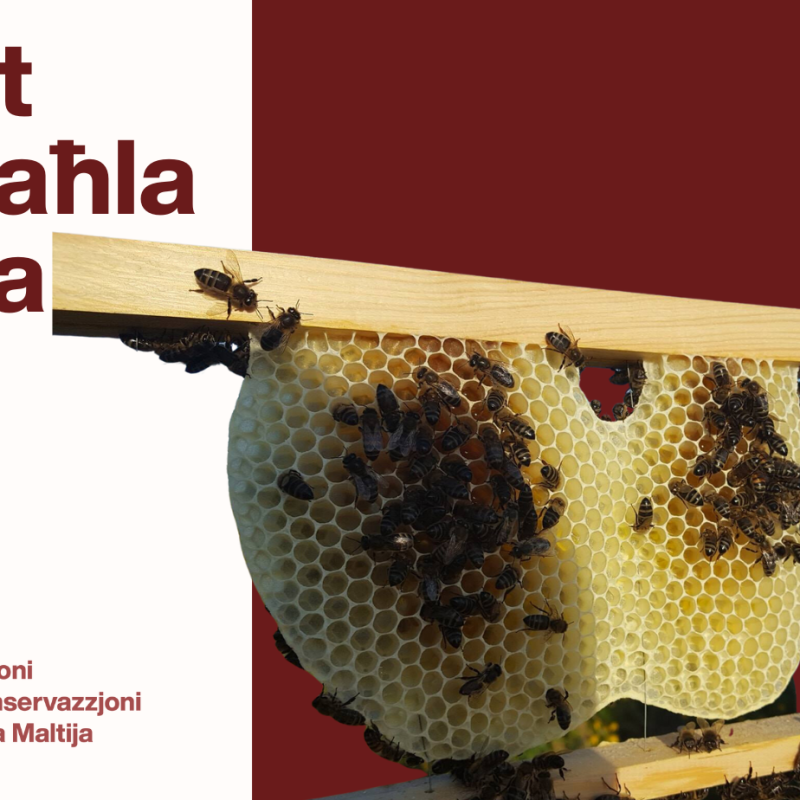
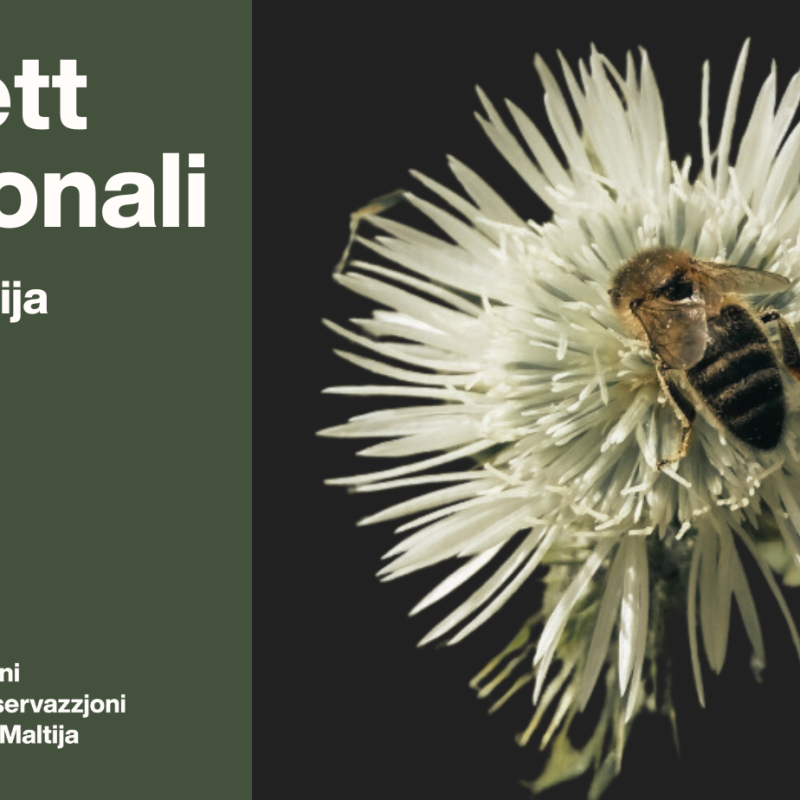
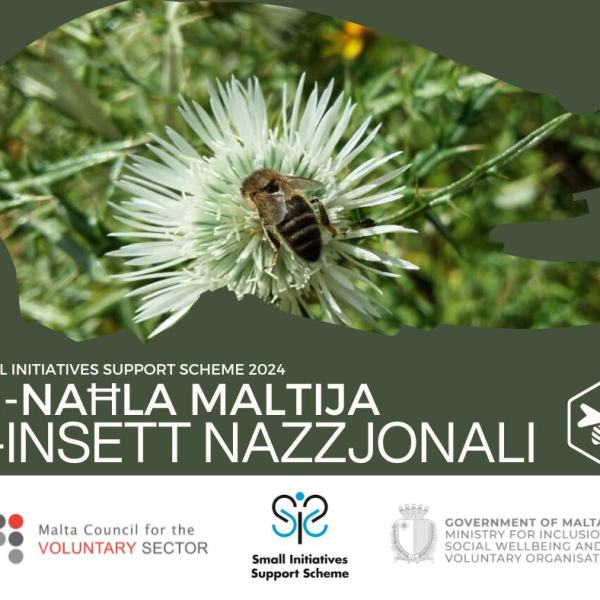
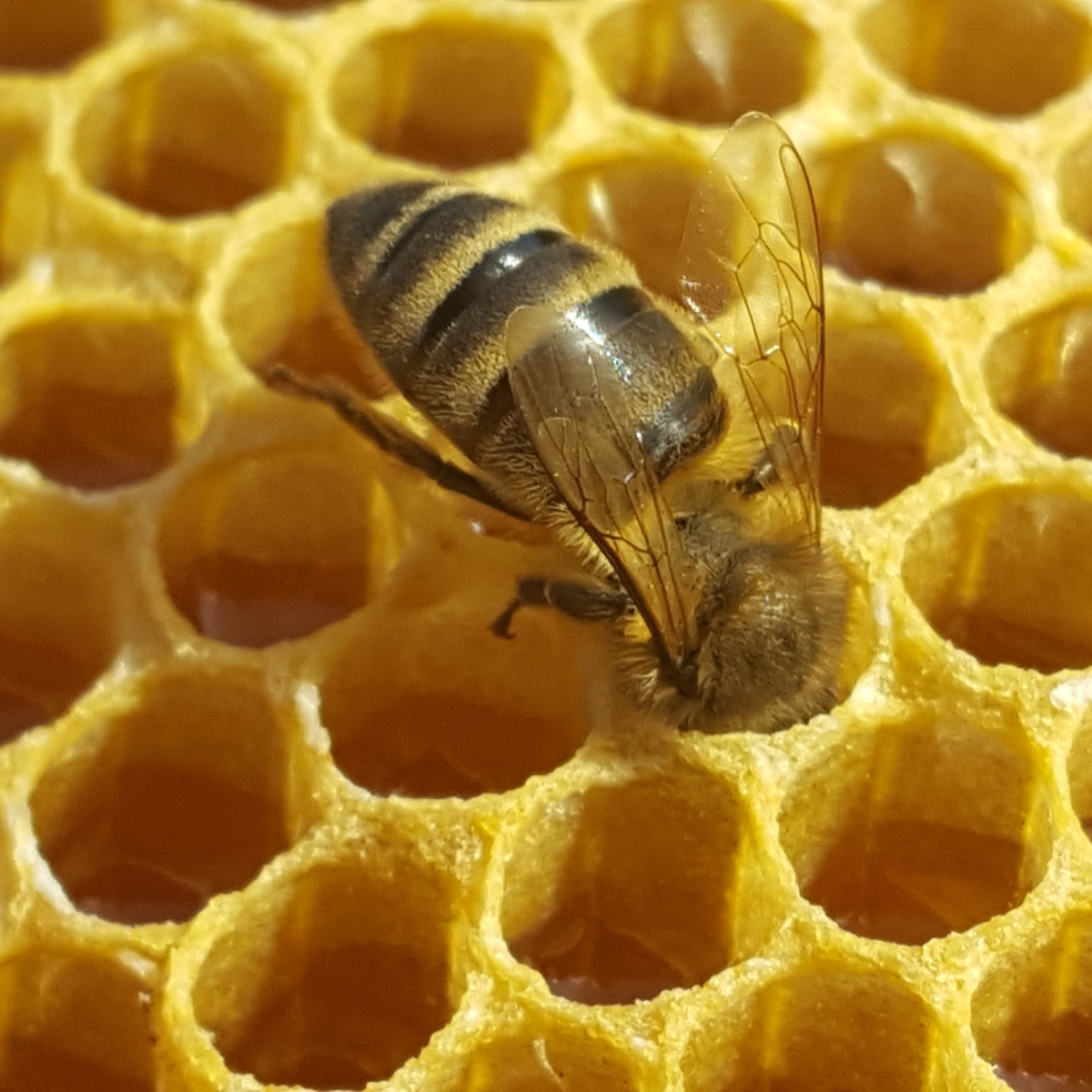
Leave a comment